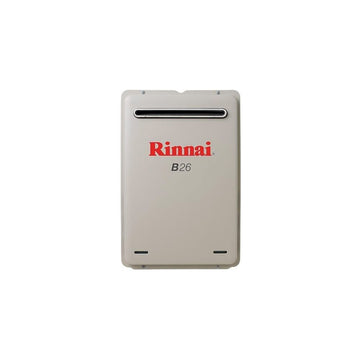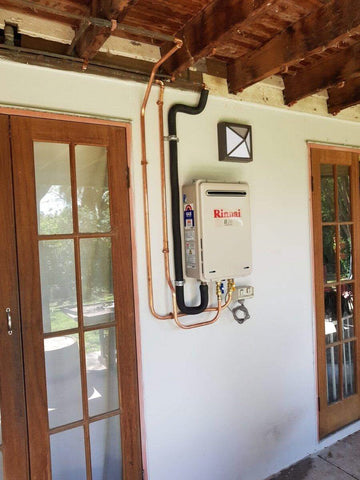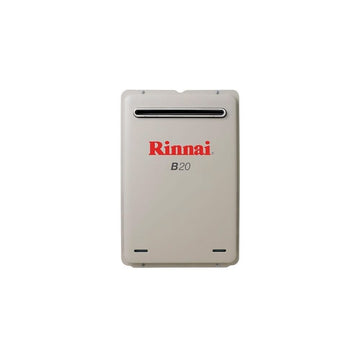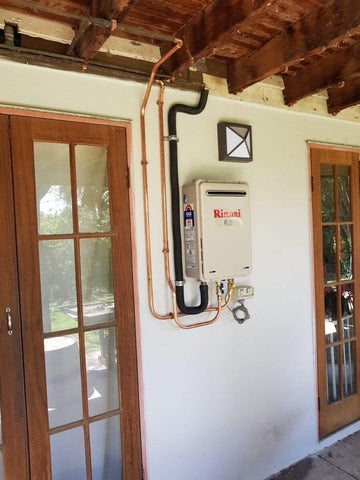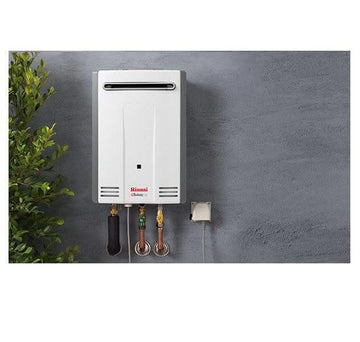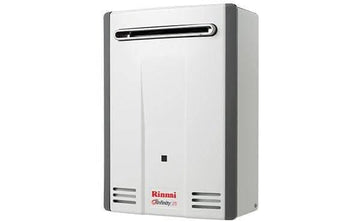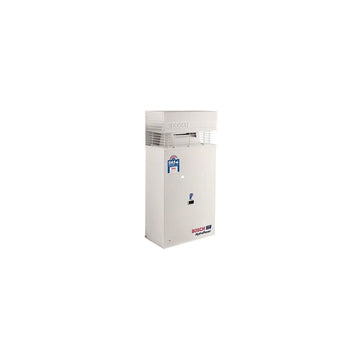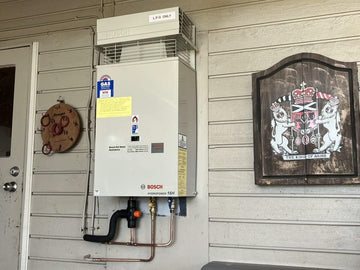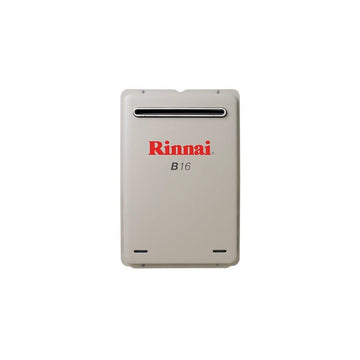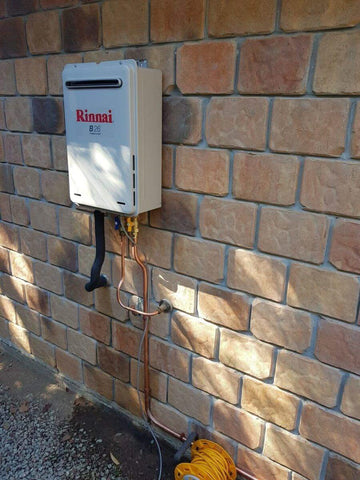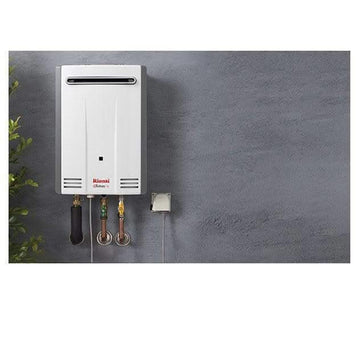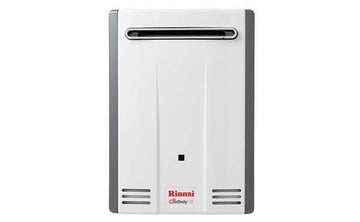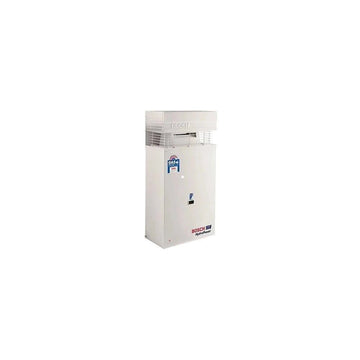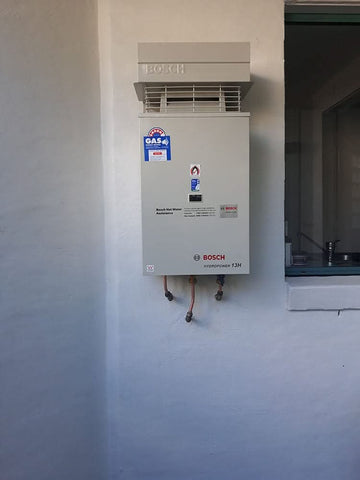Instant Gas Hot Water Systems: The Best Tankless Hot Water Solution for Your Home
Why Choose an Instant Gas Hot Water System?
Thinking about upgrading to a continuous flow hot water system? Also known as instantaneous hot water systems, these tankless units heat water on demand, providing an endless hot water supply while reducing energy costs.
💡 Why make the switch?
✔ Instant hot water—no waiting for a tank to refill.
✔ Energy savings—only heats water when needed, cutting costs.
✔ Space-saving design—no bulky storage tanks.
✔ Long lifespan—lasts 15–20 years with proper maintenance.
✔ Lower emissions—gas models produce 75% fewer emissions than electric storage heaters.
With installation from just $899, upgrading to an instant gas hot water system is one of the smartest home investments you can make.
How Do Instant Gas Hot Water Systems Work?
Unlike traditional hot water storage tanks, instantaneous hot water systems heat water only when needed. Here’s how they work:
1️⃣ Cold water enters the unit when a hot water tap is turned on.
2️⃣ A gas burner rapidly heats the water as it flows through a heat exchanger.
3️⃣ Temperature control sensors ensure consistent heat delivery.
4️⃣ Once the tap is turned off, the system shuts down, saving energy.
This on-demand heating eliminates standby heat loss, making it more energy-efficient than traditional storage water heaters.
Instant Gas vs. Electric Hot Water Systems
Choosing between instant gas and electric water heaters? Here’s how they compare:
| Feature |
Instant Gas Hot Water |
Electric Hot Water |
| Energy Efficiency |
✅ High (no standby heat loss) |
❌ Lower (continuous heating) |
| Running Costs |
✅ Lower |
❌ Higher |
| Hot Water Supply |
✅ Unlimited |
❌ Limited to tank size |
| Lifespan |
✅ 15–20 years |
❌ 10–15 years |
| Installation Cost |
✅ Moderate |
✅ Lower |
👉 Verdict: Gas instant hot water systems offer superior efficiency, lower running costs, and unlimited hot water—perfect for larger households or high-demand users.
Best Instant Gas Hot Water System Brands
When investing in an instantaneous hot water system, choosing a trusted brand is key.
⭐ Top-Rated Brands:
✔ Rinnai B26 – Market leader in continuous flow systems, with 6.1-star efficiency.
✔ Rheem – Known for durability and energy efficiency across its continuous flow range.
✔ Bosch – Offers affordable, high-performance gas water heaters.
✔ Dux – Reliable instant hot water solutions for all household sizes.
These brands are renowned for efficiency, durability, and performance, making them ideal for Australian homes.
Choosing the Right Instant Gas Hot Water System
📏 Size & Flow Rate
✔ 1–2 outlets at once? → 16L/min unit
✔ Larger households (3+ outlets)? → 20L/min or higher
🔥 Gas Type
✔ Natural gas → More affordable for homes with gas lines.
✔ LPG → Ideal for areas without natural gas connections.
⭐ Energy Star Ratings
Higher ratings = better efficiency & lower running costs.
🔍 Placement & Ventilation
Ensure proper ventilation and compliance with Australian standards.
Cost Breakdown: Installation & Running Costs
💰 Installation Costs
✔ Licensed plumber rates → ~$130 per hour
✔ Same location replacement → From $300+
✔ New gas connection or relocation? → Additional costs apply
💡 Energy Savings
✔ Uses up to 34% less energy than storage water heaters.
✔ No standby heat loss—you only pay for water you use.
✔ Households switching from electric storage to gas can save up to $750 per year.
🚀 Long-Term ROI
The higher upfront cost is offset by lower energy bills—making instant gas hot water systems a smart long-term investment.
Installation Insights: What to Expect
✔ Preparation:
✅ Ensure gas supply & ventilation are compliant.
✅ Allow clearance for airflow & maintenance access.
✅ Install near gas & water connections to minimize modifications.
✔ Installation Steps:
🔧 Connect gas & water lines to the system.
🔧 Install pressure relief & shut-off valves.
🔧 Test for leaks & temperature accuracy.
🚀 Pro Tip: A licensed gas plumber must install the system to ensure safety & compliance.
Maintaining Your Instant Gas Hot Water System
⏳ Regular Check-Ups:
✔ Annual inspections to ensure peak efficiency.
✔ Flush the system to remove mineral buildup.
✔ Replace sacrificial anode every 5 years to prevent rust.
⚠️ Troubleshooting Common Issues:
🚰 Fluctuating temperatures? → Check flow rate & gas pressure.
🥶 Cold Water "Sandwich" Effect? → Minimize short, consecutive uses.
🔧 Low pressure or lukewarm water? → Check for clogs in strainer valves.
👉 Regular maintenance extends lifespan & improves efficiency.
Upgrading from Storage to Instant Hot Water
Switching from a storage tank to an instant gas system requires:
✔ Gas line upgrades (if necessary).
✔ Venting adjustments for gas compliance.
✔ Plumbing modifications for water supply compatibility.
💡 Already have a gas connection? Switching is simple & cost-effective!
Solar Compatibility: Future-Proofing Your Hot Water System
Want to reduce costs even further? Pairing an instant gas hot water system with solar offers:
☀️ 80% of hot water needs covered by solar.
💰 Lower energy bills by reducing gas usage.
🌍 Eco-friendly solution for sustainable living.
✔ Look for solar-compatible gas systems to future-proof your home.
Flexible Payment & Finance Options
💳 Buy Now, Pay Later
✔ Interest-free Humm & Zip financing available.
✔ Flexible weekly or fortnightly payment plans.
The Bottom Line: Is an Instant Gas Hot Water System Worth It?
✅ Lower running costs than storage water heaters.
✅ Efficient, space-saving & environmentally friendly.
✅ Provides endless hot water for all household sizes.
💡 Final Verdict: If you want a cost-effective, energy-efficient, and reliable hot water solution, an instant gas hot water system is the best choice.
📩 Need a quote? Contact us today for expert advice & installation!






